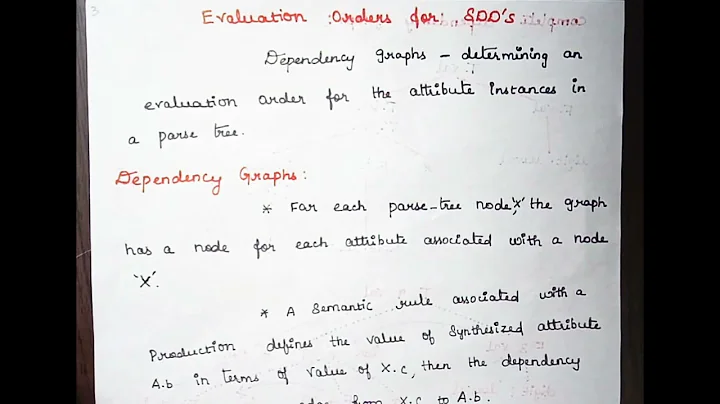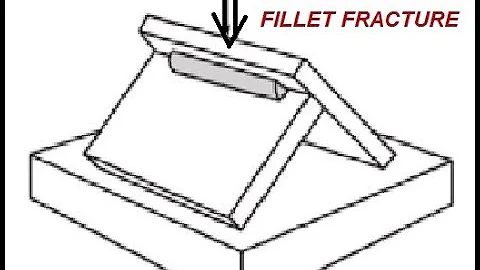Macro evaluation order
Solution 1
From http://gcc.gnu.org/onlinedocs/cpp/Argument-Prescan.html#Argument-Prescan
Macro arguments are completely macro-expanded before they are substituted into a macro body, unless they are stringified or pasted with other tokens. After substitution, the entire macro body, including the substituted arguments, is scanned again for macros to be expanded. The result is that the arguments are scanned twice to expand macro calls in them.
Meaning:
- f concatenates its argument and so its argument is not expanded
- h does not stringify or concatenate its argument and so its argument is expanded.
- g stringifies its argument, and so its argument is not expanded
h(f(1,2)) -> g(12) -> "12"
g(f(1,2)) -> "f(1,2)"
Solution 2
An argument is macro-replaced before it is substituted into the replacement list, except where it appears as the operand of # (stringize) or ## (concatenate).
In your macro h, the parameter a is not an argument of one of those two operators, so the argument is macro-replaced and then substitued into the replacement list. That is, the argument f(1,2) is macro replaced to become 1##2, and then to 12, and then it is substituted into g(12), which is (again) macro-replaced to become "12".
When you invoke g directly, the parameter a is an argument of the # operator, so its argument is not macro-replaced before subsitution: f(1,2) is substituted directly into the replacement list, yielding "f(1,2)".
Solution 3
I'm not sure order of evaluation is a meaningful term for C or C++ macros, because macro expansion happens at compile time
As to why the second output is f(1,2) is is because macros are textual substitution. When g(f(1,2)) is expanded, the argument of g is the sequence of tokens f(1,2) and that get stringified.
Think in terms of the C compiler. In the context of the second printf it reads a g token, recognize that it is a macro at lexing & parsing time then expand that macro invocation. The compiler is basically doing: if the current token is a macro name, then expand it when lexing your code. Macro expansion only happen when possible (so for a macro with arguments requires the left parenthesis), and is done as soon as possible.
Related videos on Youtube
Utkarsh Srivastav
Updated on June 22, 2022Comments
-
Utkarsh Srivastav almost 2 years
Possible Duplicate:
# and ## in macroswhy the output of second printf is f(1,2) what is the order in which macro is evaluated?
#include <stdio.h> #define f(a,b) a##b #define g(a) #a #define h(a) g(a) int main() { printf("%s\n",h(f(1,2))); printf("%s\n",g(f(1,2))); return 0; } output 12 f(1,2) -
Pubby over 12 yearsThis is not technically correct. The argument would only be a textual substitution if is stringified or concatenated in the macro.
-
 Basile Starynkevitch over 12 yearsI'm not sure to understand you.
Basile Starynkevitch over 12 yearsI'm not sure to understand you.cppis only a textual rewriting system. -
Pubby over 12 yearsIf macros strictly used textual substitution then
h(f(1,2))should expand to"f(1,2)" -
 Basile Starynkevitch over 12 yearsBut that is also textual substitution, as is the standard
Basile Starynkevitch over 12 yearsBut that is also textual substitution, as is the standardcppbehavior. The diffeerence is when is a substitution fired. -
Pubby over 12 yearsThat's a better way of putting it. An explanation of when the substitution occurs would be very helpful in your answer.








